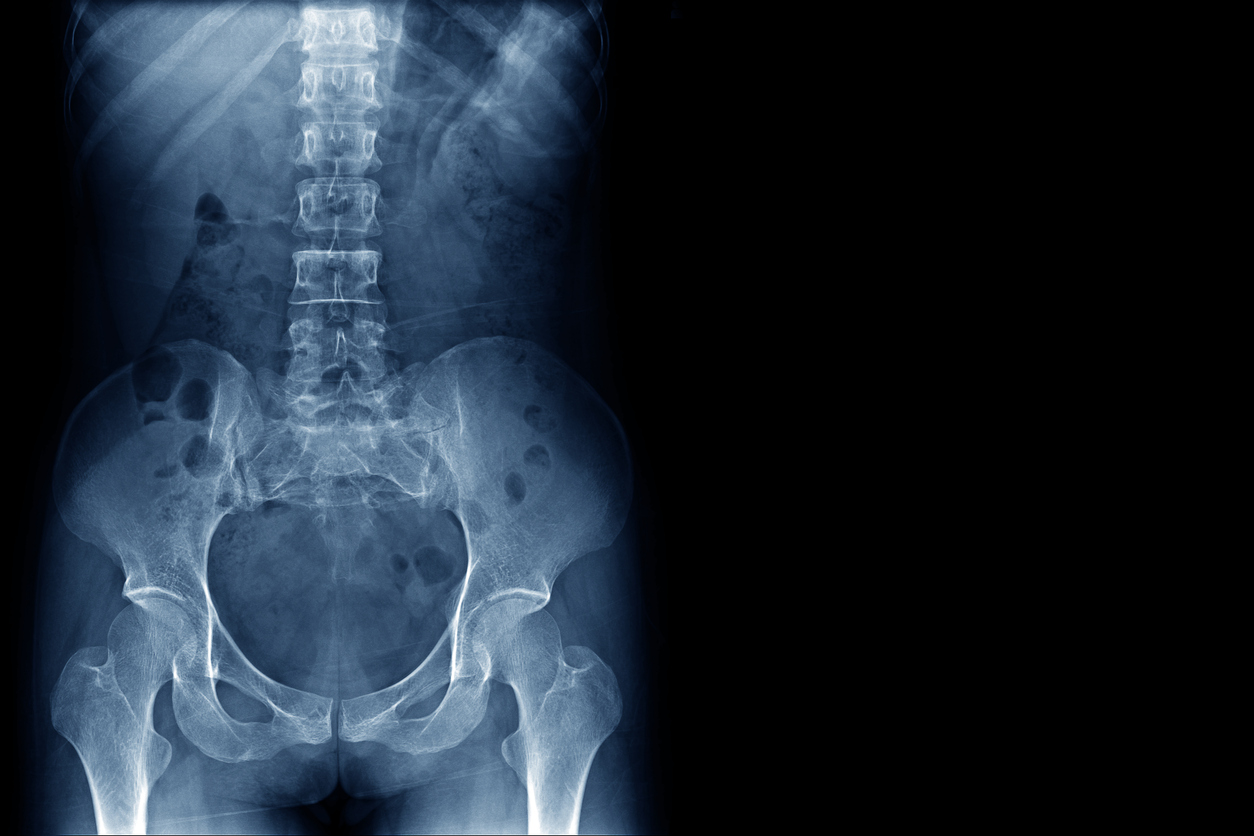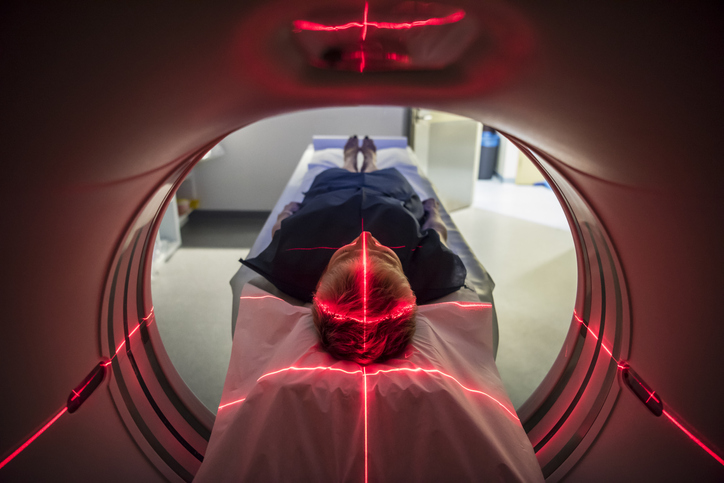Treatments
Benefits vs. Risks of Disc Replacement Surgery

What is disc replacement surgery?
Disc replacement surgery involves replacing a damaged intervertebral disc with a plastic or metal artificial disc. The purpose of the surgery is to relieve or reduce back or neck pain and/or to retain mobility of the spine. It is a relatively new surgical treatment option for certain spinal conditions, most commonly degenerative disc disease. It was first done in the United States in 2000. Depending on the specific spinal condition, disc replacement is an alternative to spinal fusion surgery.
Disc replacement surgery is categorized according to where the damaged disc is located. The two most common types of disc replacement surgery are lumbar (lower back) disc replacement and cervical (neck) disc replacement.
Potential benefits
Potential benefits of disc replacement surgery include the following:
- Reduced back or neck pain, muscle tension, and weakness
- Maintained mobility of the spine
- Improved stability of the spine
- Shorter recovery period (in comparison to spinal fusion surgery)
- Reduced risk of developing degenerative disc disease in other segments of the spine (in comparison to spinal fusion surgery)
- Reduced nerve compression
Risks
As with any type of surgery, blood loss, reactions to anesthesia, and blood clots are risk factors. Risks specific to disc replacement surgery include the following:
- Stiffness or rigidity of the spine
- Infection of the repaired area
- Dislocation or dislodging of the artificial disc
- Breakage or wearing out of the disc's components, requiring additional surgery
- Sensitivity to the materials of the artificial disc
- Damage to the vertebrae
- Narrowing of the spine (spinal stenosis)
- Nerve injury
- Cerebrospinal fluid leak
- Stroke
Risks specific to cervical disc replacement surgery, include the following:
- Voice changes
- Difficulty swallowing
It is important to note that the benefits and risks of disc replacement should be discussed with a medical professional prior to surgery.
Additional sources: Verywell Health and University of California San Francisco Health
















